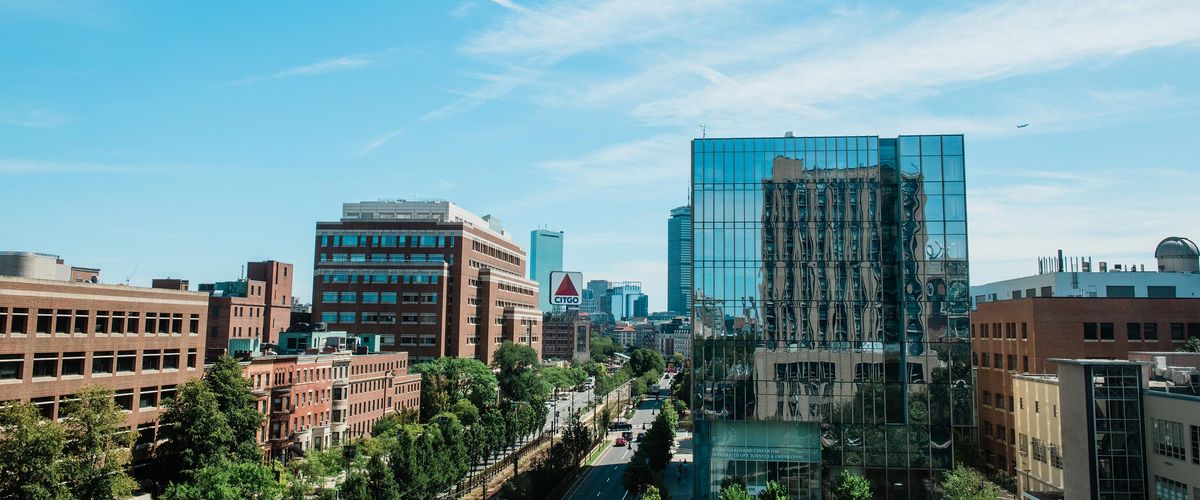- Starts: 11:00 am on Friday, October 3, 2025
- Ends: 12:00 pm on Friday, October 3, 2025
Speaker: Fanglin Che
Title: Advancing Sustainability: Physics-Informed and Interpretable Machine Learning in Catalyst Design
Abstract: Designing catalysts is crucial for tackling global challenges like producing clean energy, protecting the environment, and improving the energy efficiency of chemical processes. Understanding how catalysts function across various length-scales and timescales, and improving their performance in real-world conditions, is a highly complex challenge that demands innovative approaches beyond traditional trial-and-error methods. This seminar will explore how advanced simulations and physics-informed, interpretable machine learning (ML) can revolutionize catalyst design for sustainable energy solutions. By integrating fundamental principles of physics and chemistry with advanced ML techniques, this approach offers a robust framework for decoding structure-sensitive catalysis, predicting reaction mechanisms, and optimizing catalytic performance across diverse applications. Key topics will include leveraging multi-scale models, utilizing AI to drive innovation, and developing interpretable ML tools to accelerate material discovery and deepen our understanding of catalysis. Drawing on recent advancements from my research, I will highlight case studies in electrocatalysis, field-enhanced catalysis, and plasma catalysis, showcasing how these cutting-edge techniques enable the design of catalysts tailored for energy efficiency and environmental impact. This interdisciplinary work underscores the transformative potential of combining computational insights with ML to address sustainability challenges and redefine the future of catalytic science.
About the Speaker: Dr. Fanglin Che is an Associate Professor of Chemical Engineering at Worcester Polytechnic Institute (WPI), where she has served since August 2025. During 2019 – 2025, she was an Assistant Professor of Chemical Engineering at UMass Lowell. She earned her Ph.D. from Washington State University in 2016 and completed postdoctoral research at the University of Toronto and the University of Delaware. Her research integrates physics-informed, interpretable AI with multi-scale, multi-physics computational models to advance catalysis, with emphasis on electrocatalysis, plasma catalysis, microwave catalysis, and field-enhanced chemistry. In 2023, she received the DOE Early Career Award in Catalysis Science. Supported by NSF, DOE, ONR, UL Research Institutes, and the U.S. Army, her group bridges theory and application to address challenges in sustainable energy and chemical production.
- Location:
- ENG 245 110 Cummington Mall
